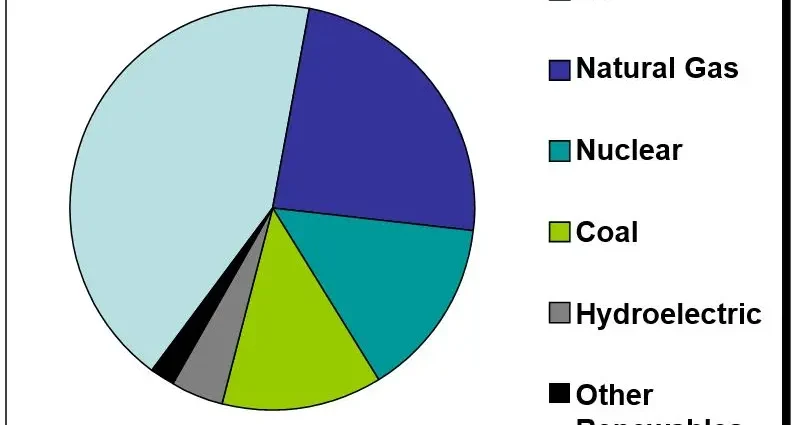Contents
If you are determined to stick to the principles of conscious consumption, it is important to know what advertising ploys the manufacturer will use to distract us and force us to spend money on goods and services that are not mandatory for purchase.
Unreasonable consumption and advertising technologies
Impulsive buying, aggressive marketing, modern sales techniques and targeted (directed specifically at you) advertising are just a few of the techniques that are used to actively sell goods and services. Let’s take a closer look at popular marketing techniques.
impulsive shopping
What is it about: goods and services that we did not intend to purchase, but succumbed to an emotional impulse and bought unplanned.
The target audience: more often women.
Why we buy: in such cases, manufacturers, as a rule, do not advertise the product or service itself. They sell us either the mood that should arise when using them, or the super benefit that we will receive when buying right now.
Common Examples: Christmas collections, seasonal offers in cafes, food “like at grandma’s house”, “liquidation” of collections and super discounts “only here and now”.
Aggressive advertisement of success
What is it about: goods and services for which we do not have a direct need, but we believe that their purchase will improve our image and increase self-esteem.
The target audience: more often men.
Why buy: advertising is aimed at the formation and consolidation of a clear associative link “our product = your success”. It creates the illusion that the product will help shape our image, improve the attitude of others around us and, in general, should be an indispensable attribute of every successful/creative/rich/modern person.
Common examples: unreasonably expensive branded items, often updated without a significant change in functionality, gadgets, accessories from limited collections.
Upsells
What are we talking about: an active offer of additional products and services, in the absence of costs for their advertising.
The target audience: all consumers.
Why buy: when buying the main (we really need) product, there is a personalized conviction that it is with additional functions / capabilities that our main purchase will bring maximum benefit.
Common examples: “extended” product warranty, personal service support, accessories for the main product.
How to avoid unreasonable consumption?
Let’s formulate a few principles of proper consumer behavior that will help to avoid the “traps” we have considered from manufacturers:
Buy a product or service only if you clearly know why you need it and how it will be used.
Avoid purchases made out of fear of missing out on a great deal, purchases of “disposable” items and highly seasonal items that you can only use 1-2 times a year.
Always look ahead: how long will you be able to use the product, how will you dispose of it, is it recyclable or reusable?
Try to plan not only large purchases, but also everyday ones. This is especially true for food – they are one of the most voluminous sources of non-recyclable waste.
Remember, the job of manufacturers is to sell us as many goods and services as possible. And only our conscious attitude will help to avoid unreasonable consumption and protect the planet from the unnecessary waste of natural resources.










